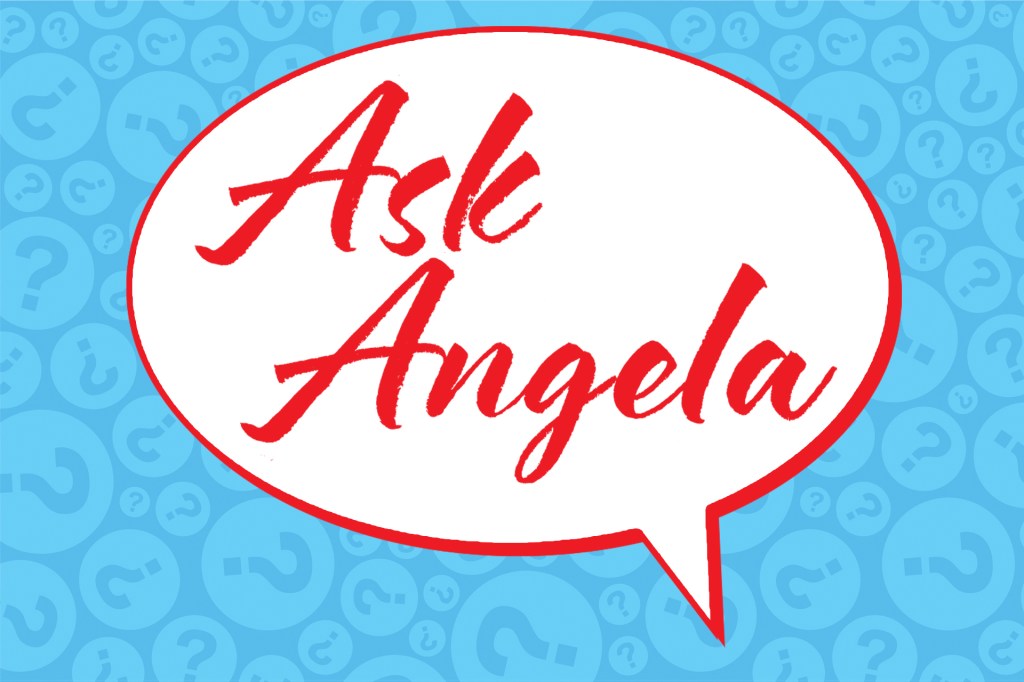A Fair Internet?

In 2015, the Federal Communications Commission (FCC) created some rules. The rules gave people equal access to the Internet. They ensured net neutrality
neutrality
 YOGYSIC/DIGITALVISION VECTORS
the state of not supporting either side
(noun)
He practiced neutrality when discussing whether Batman or Superman is the greatest superhero.
.
YOGYSIC/DIGITALVISION VECTORS
the state of not supporting either side
(noun)
He practiced neutrality when discussing whether Batman or Superman is the greatest superhero.
.
The rules say Internet service providers are not allowed to block access to sites. They cannot slow online traffic. They also cannot charge customers more for high-speed access.
On November 21, FCC chairman Ajit Pai said he wants to end net neutrality. He wants to allow providers to charge less for slower Internet service. They could charge more for faster service. Pai says consumers
consumer
 THANASIS ZOVOILIS/MOMENT
someone who purchases goods or services
(noun)
As consumers, we have many options of where to buy our groceries.
would get more choices. “Under my proposal, the federal government will stop micromanaging
micromanage
THANASIS ZOVOILIS/MOMENT
someone who purchases goods or services
(noun)
As consumers, we have many options of where to buy our groceries.
would get more choices. “Under my proposal, the federal government will stop micromanaging
micromanage
 PEOPLEIMAGES
to try to control every part of a process
(verb)
His boss micromanaged Jim's work.
the Internet,” he says.
PEOPLEIMAGES
to try to control every part of a process
(verb)
His boss micromanaged Jim's work.
the Internet,” he says.
Many say Pai’s plan gives Internet providers too much control. They might play favorites. Imagine that your provider slows down your Netflix connection. The reason: another video company is paying it to do so. Pai’s plan “would leave consumers and competition completely unprotected,” says Gigi Sohn. She is a former FCC adviser.
FCC leaders are scheduled to vote on December 14.













